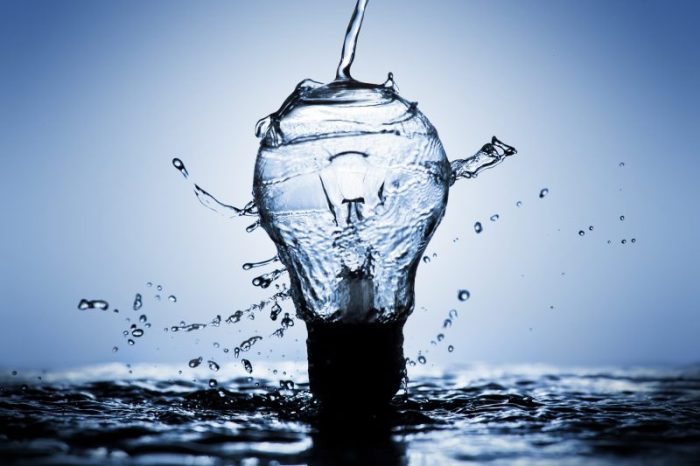A new report published by World Health Organization (WHO) shows lack of timely investments on infrastructure to meet Global water access under the Sustainable Development Goals (SDGs) by most countries.
Also read:UNESCO special envoy urges for unity to tackle water issues in Africa
The report stressed that countries would not meet global goals of universal access to safe drinking water and sanitation unless steps are taken to use financial resources more efficiently and increase efforts to identify new sources of funding.
According to the UN-Water Global Analysis and Assessment of Sanitation and Drinking Water (GLAAS) 2017 report, countries have increased their budgets for water, sanitation and hygiene at an annual average rate of 4.9% over the last three years. However, 80% of countries report that water, sanitation and hygiene (WASH) financing is still insufficient to meet nationally defined targets for WASH services.
The report showed that in many developing countries, current national coverage targets are based on achievement of access to basic infrastructure. Unfortunately, these same services may not always provide continuously safe and reliable services.
In order to meet the SDG global targets, the World Bank has estimated that investments in infrastructure need to triple to $114 Bn per year – a figure which excludes operating and maintenance costs.
While the infrastructure funding gap remains vast, 147 countries have already showed their ability to mobilize the resources required to meet the Millennium Development Goal target of halving the proportion of people without an improved source of water, while 95 countries met the corresponding target for sanitation.
However, the WHO said that much more ambitious SDG targets will require collective, coordinated and innovative efforts to mobilize even higher levels of funding from all sources. These include taxes, tariffs (payments and labor from households), and transfers from donors.
Guy Ryder, UN-Water chair said that the challenge can be tackled, as increased investments in water and sanitation can yield substantial benefits for human health and development, generate employment and make sure no one is left behind.

